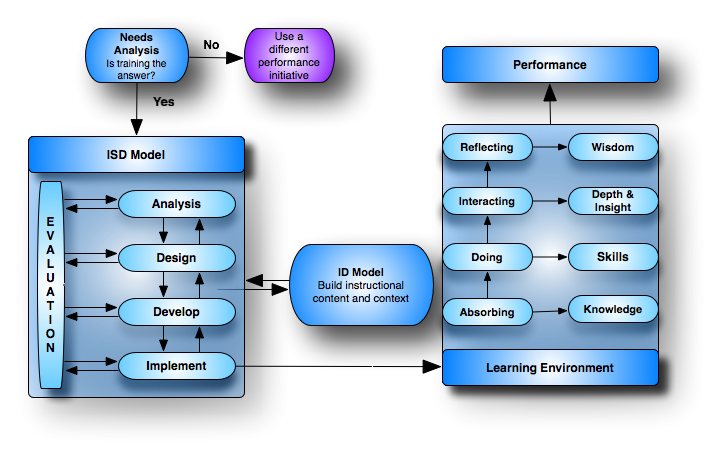Scholasticism
Scholasticism is one of the forerunners of experiential learning or learner-based instruction as once the information has been presented, then the learners have to use various methods to judge and arrive at the real meaning of the evidence.
It was pioneered by Pierre Abelard (1079-1142) while at at Notre Dame cathedral school (now the University of Paris). He presented the pros and cons of theological and philosophical propositions, leaving the formulation of conclusions to his students. He allowed any subject or thought to be reasonably examined for the purpose of understanding, verification, or qualification. Thus he helped to transform theology from the mere citing of authorities into the interpretation of Scripture. This shocked many of his colleagues, who felt that Abelard gave his students the freedom to arrive at heretical conclusions. Today, this type of learning often shocks the learner for there is often no right answer — the learners are responsible for much of their learning, and the learners work harder using this methodology.
While scholasticism later degenerated into a cumbersome formalistic method, it does not take away from Abelard's contribution as one of the forerunners of educational technology by breaking away from traditional and irrational doctrines. It also led the way for scientific inquiry and experimentation. His work greatly influenced St. Thomas Aquinas, who added the use of a series of syllogisms to propose a solution.



